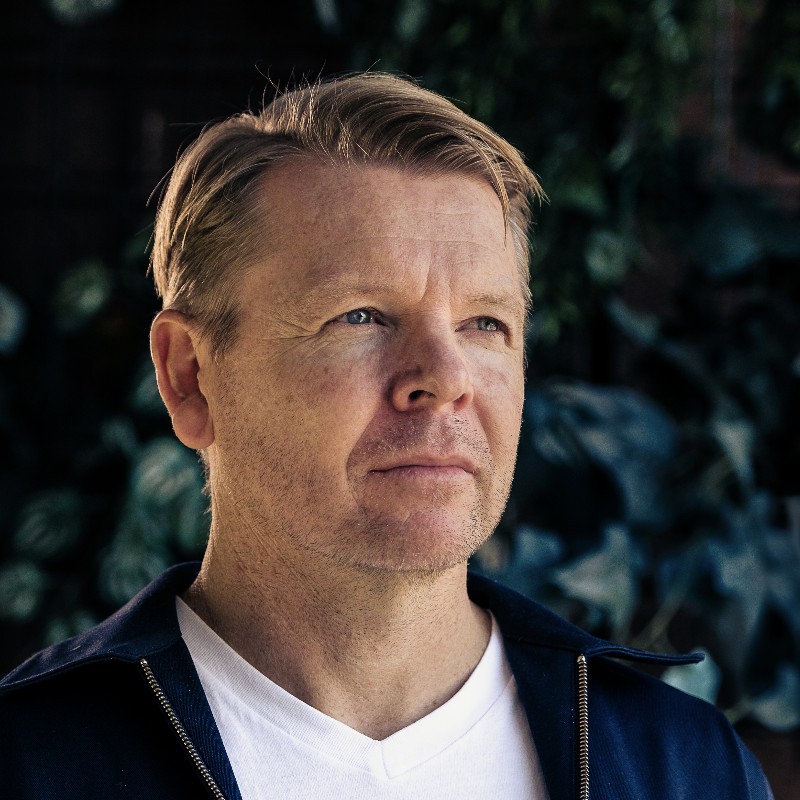Do you stand out in your job or are you that ‘beige’ person in the background just getting along?
Many years ago I attended a presentation by one of the most entertaining and challenging speakers I have heard – his name is Richard Sauerman and he writes for this blog. Early in his presentation he put up a picture of filmmaker Michael Moore holding a sign that said “Abolish the Death Penalty” and then turned to the audience and said: “So what do you stand for and why should your clients or work care?” For some it was pretty confronting because many of us didn’t have an answer. I know my answer was pretty inadequate at the time and I knew I had to do something about it.
Sure, I had been in my industry for a long time, I had years’ of experience and I thought I knew my stuff but what did I really stand for? I didn’t have the answer. I do now but only because Richard’s question forced me to identity a space I could own.
Do yourself a favour, write down what you stand for and how it benefits you, your work, and your customers or clients. Look at it and ask yourself if it’s any different to what your friends and work colleagues would have written? If not you may need to change.
In a previous article I talked about an acronym – LAB RAT. It was fundamentally about how someone starting a new career or job can fast track their career. The B in the acronym stands for ‘Become an expert in something' and it is very relevant to this post because if you want to stand out it is probably the best way to do it.
The question is how are you going to move from ‘beige’ to your stand out colour? When you stand up to speak in a meeting or when you chat to your colleagues or boss – what will make them listen to your point of view? What credentials do you bring to the table that will force them to sit up and listen?
The steps to becoming sought after in your workplace
Whether you are an accountant, an advertising executive, a banker, a doctor, an engineer or whatever it is that you do, the trick is to find something that you can own and then dive deep on that topic. There’s no point in becoming an expert accountant (theoretically all accountants should be expert at what they do), instead you want to find something within accounting for which you become known.
For example, a young accountant at an auditing firm many start developing deep expertise on auditor independence or audit quality. A doctor may become an expert in pain relief; a banker may become an expert in banking technology and its interface with customers; an advertising executive may become an expert on the behavioral psychology of why people share things online and the psychological triggers for campaigns going viral.
Develop this type of deep expertise and not only will you stand out but you will become the ‘go to’ expert for colleagues and clients alike.
But be warned, it is a long term journey. Once you find something you can own, stick to it and do your homework; you don’t want to choose something that is a passing fad or one hit wonder.
Passion is the key to your choice
When identifying an area you can own, find something about which you are or could become passionate. Passion is infectious. Passion will make you want to come to work. Passion instills a love and desire to truly learn and progress in your role. Passion is noticed by the people who count.
Is it time to refocus your thinking about your job and how you approach it. Could you find a niche and become an expert. I did eight years ago and it has been a wonderful voyage of discovery and learning. Not only will it add value to your business and your clients, but it will also give you an enormous sense of self-worth and satisfaction. I can’t recommend it highly enough.
ABOUT THE AUTHOR
Craig Badings
Craig Badings is a partner in the Sydney office of PR firm, SenateSHJ. He is a multi-published author on the topic of thought leadership. Some of his books include: Brand Stand; seven steps to thought leadership and the award winning #THOUGHT LEADERSHIP Tweet: 140 Prompts for Designing and Executing an Effective Thought Leadership Campaign which he co-authored with Dr Liz Alexander. Join him on twitter @thoughtstrategy and on LinkedIn and follow his blog post on thought leadership here: http://leadingthought.us.com/blog/
Latest.

Juniors & Leaders: How To Fail In The Workplace The Right Way
Leadership, Thought Leadership, Job Seeker

The Right To Disconnect From Work—A Blessing Or Curse?
Thought Leadership

4 Important Steps To Review And Improve Your ERG
Diversity, Equity and Inclusion



